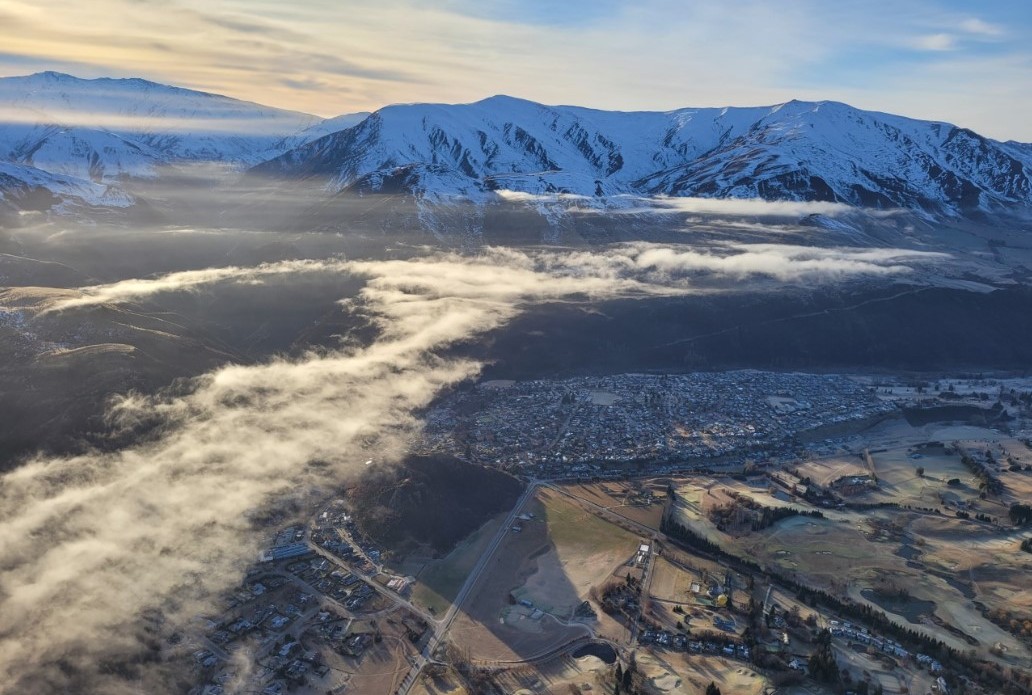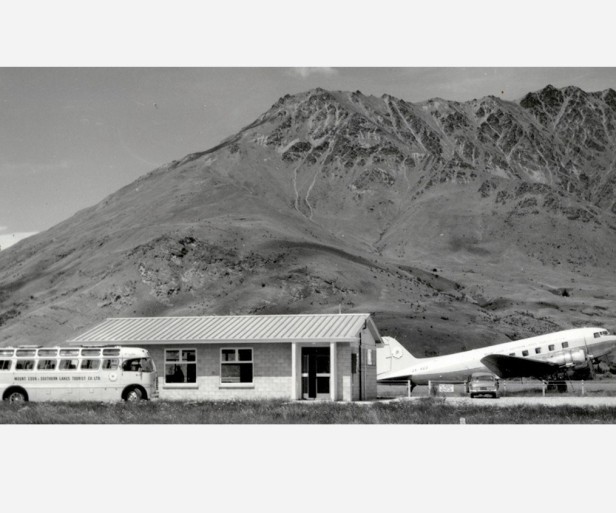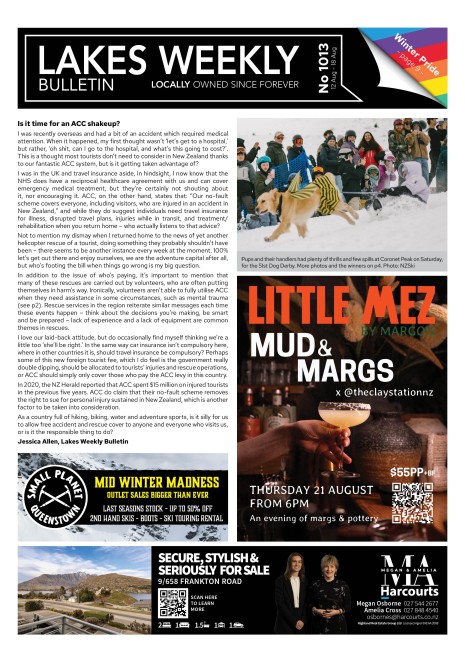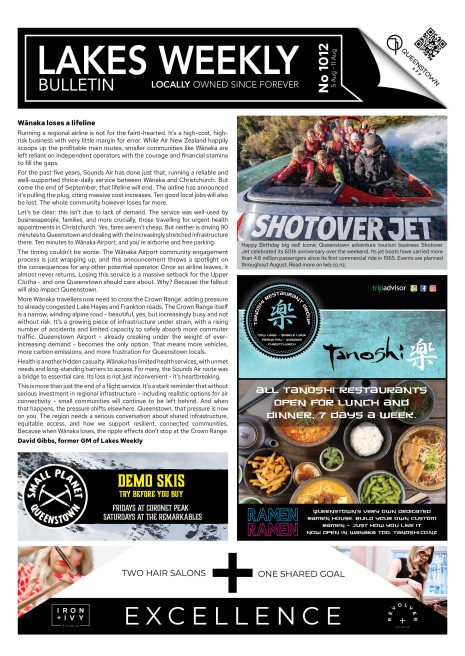Burners to blame in Arrowtown

Arrowtown's air quality fell below national standards 14 times over winter.
Stats released by Otago Regional Council, which monitors air quality, show the historic gold mining town's issues with emissions and inversion continue.
It has the poorest air quality in Central Otago, although it's improving as back in the winter of 2018 there were roughly twice as many breaches as this winter.
ORC's air quality scientist Sarah Harrison places the blame squarely on emissions from wood burners for home heating.
"We know this because of the extreme seasonal patterns we see in the data," she says.
"So far this year, June has been the worst month for exceedances due to region-wide cold snaps."
Under the National Environmental Standards for Air Quality, the regional council is required to measure particulate matter (PM) emitted into the air with a diameter of 10 micrometres or less (PM10).
That is about the width of a human hair.
PM10 includes solid or liquid particles from vehicle, industry, and home heating emissions, as well as from natural sources. The NESAQ for 24-hour PM10 is 50 micrograms per cubic metre of air.
ORC's monitoring stations also found there were three breaches in Alexandra and four in Mosgiel.
"Many of the towns in Otago have the geography and climate that allows pollution to build up, rather than disperse," Harrison says. "Low temperatures and windspeeds sometimes cause inversion layers to form, which traps pollution at ground level.
“We have some of the worst ambient air particulate matter concentrations in the country.
"PM, like other air pollutants, is very dangerous to our health and responsible — globally and nationally — for large numbers of premature deaths, respiratory and cardiovascular disease, and restricted activity days."
ORC continually monitors some areas, including Arrowtown, and often conducts further research in other parts of Otago to determine where PM hotspots are and how these concentrations could be reduced.
"An increase in air quality studies, monitoring sites, and upgrades of instruments are all part of a move to better monitor the finer PM2.5 and focus on combustion-related sources of particulate matter."
ORC staff are also currently reviewing the Air Plan and will be consulting on changes to the plan in 2024 and 2025.
Staff are considering whether more rigorous rules are needed to improve air quality in the region’s urban areas and will be discussing options with our communities next year.
Replacing older wood burners, open fires, and multi-fuel burners with ultra-low emission burners, or better yet, looking into alternative heating such as pellet burners or heat pumps, can help improve air quality.
For those with a wood burner, it is best to only burn dry wood, and only put wood and paper in the burner. If done right, the first 10-15 minutes is likely to produce smoke but there should be no visible smoke thereafter.
For further tips, ORC’s Burn Dry, Breathe Easy web page can provide some further guidance.










